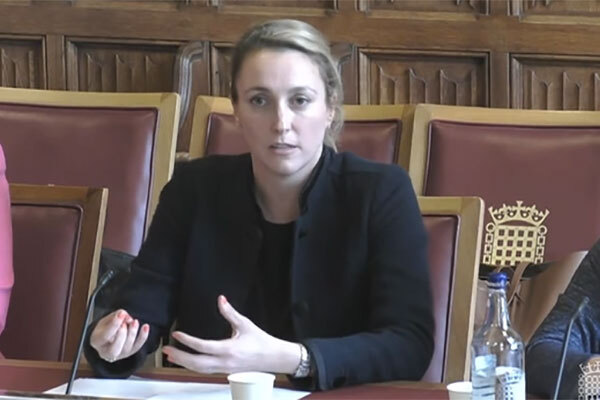Gove sets out plan for national register of short-term lets
The housing secretary has announced plans for a mandatory national register of short-term lets to prevent residents “being pushed out of their communities”.
Michael Gove also said that, under the proposals, planning permission would be required for short-term lets in future.
However, homeowners will still be able to rent their main or sole home for up to 90 nights a year without planning permission.
Mr Gove believes this will give councils more power to curb lettings in tourist hotspots, where high numbers of holiday rentals are “preventing [local people] from finding housing they can afford”.
The national register will help local authorities understand how the extent and effects of short-term lets in their area underpin compliance with health and safety regulations.
Under the plans, which are set to be introduced this summer, the government said it was considering how to apply the register so it did not add “disproportionate regulation” for those who let their home out infrequently.
The proposed planning changes would create a new planning use class for short-term lets that are not used as a sole or main home. Existing dedicated short-term lets will automatically be reclassified into the new use class and will not require planning permission.
The government said it also intended to introduce associated permitted development rights. One would allow for a property to be changed from a short-term let to a standard residential dwelling, while a second would allow a property to be changed to a short-term let.
Local authorities would be able to remove these permissions and require full planning permission if they deemed it necessary. The planning changes and the register will not affect hotels, hostels or B&Bs.
Mr Gove said short-term lets “can play an important role in the UK’s flourishing tourism economy”, but in some areas, “too many local families and young people feel they are being shut out of the housing market and denied the opportunity to rent or buy in their own community”.
Linda Taylor, leader of Cornwall Council, welcomed the proposals to tackle the “escalating” number of holiday lets in the county.
The register of short-term lets was also welcomed by Amanda Cupples, general manager for northern Europe at Airbnb.
She said: “Families who host on Airbnb will benefit from clear rules that support their activity, and local authorities will get access to the information they need to assess and manage housing impacts and keep communities healthy, where necessary.”
James Prestwich, director of policy and external affairs at the Chartered Institute of Housing, welcomed the action on short-term lets. He said the introduction of a mandatory national register "will help local and national government to better understand the extent of short-term lets and ensure compliance with requirements for health and safety".
However, he added, "we have concerns around the planning proposals outlined, particularly the introduction of associated permitted development rights to allow conversions to/from dwellings to short-term lets and the 90-day rule (as already in place in London). We await further details but question the practicality and effectiveness of these measures, and their enforceability."
Sign up for our regulation and legal newsletter
Already have an account? Click here to manage your newsletters












